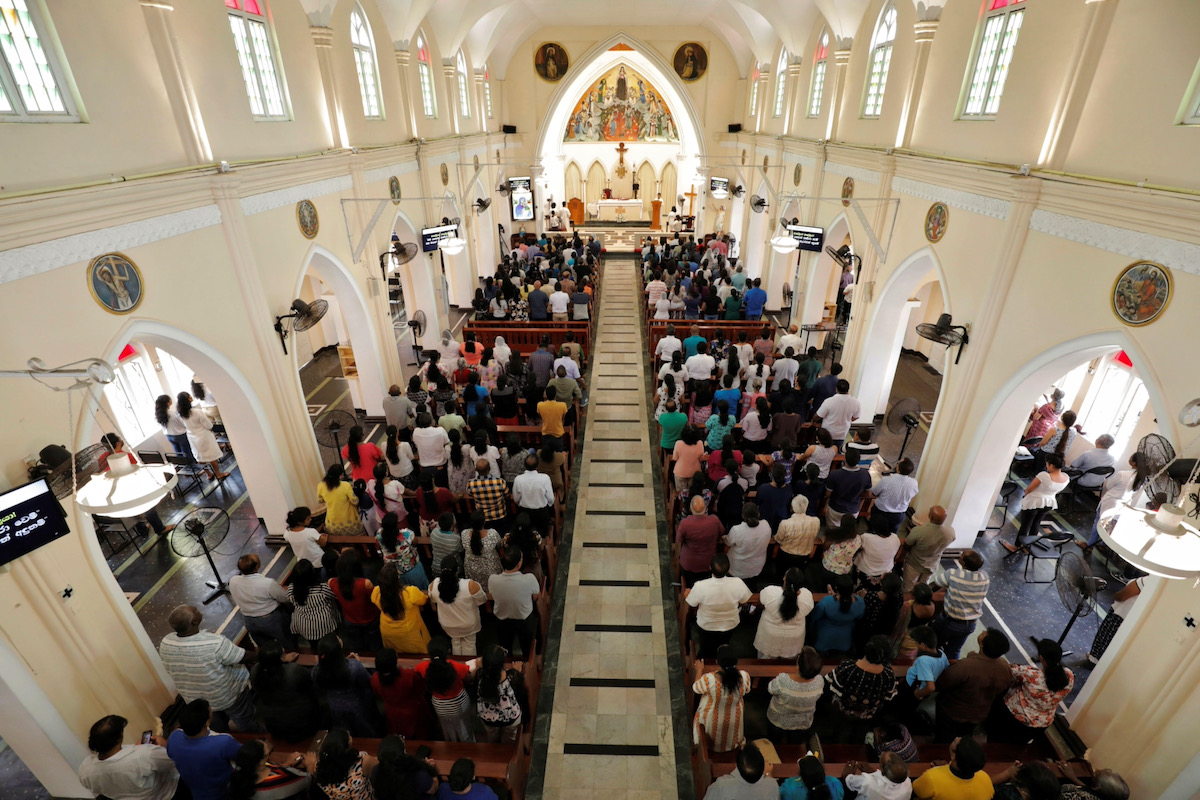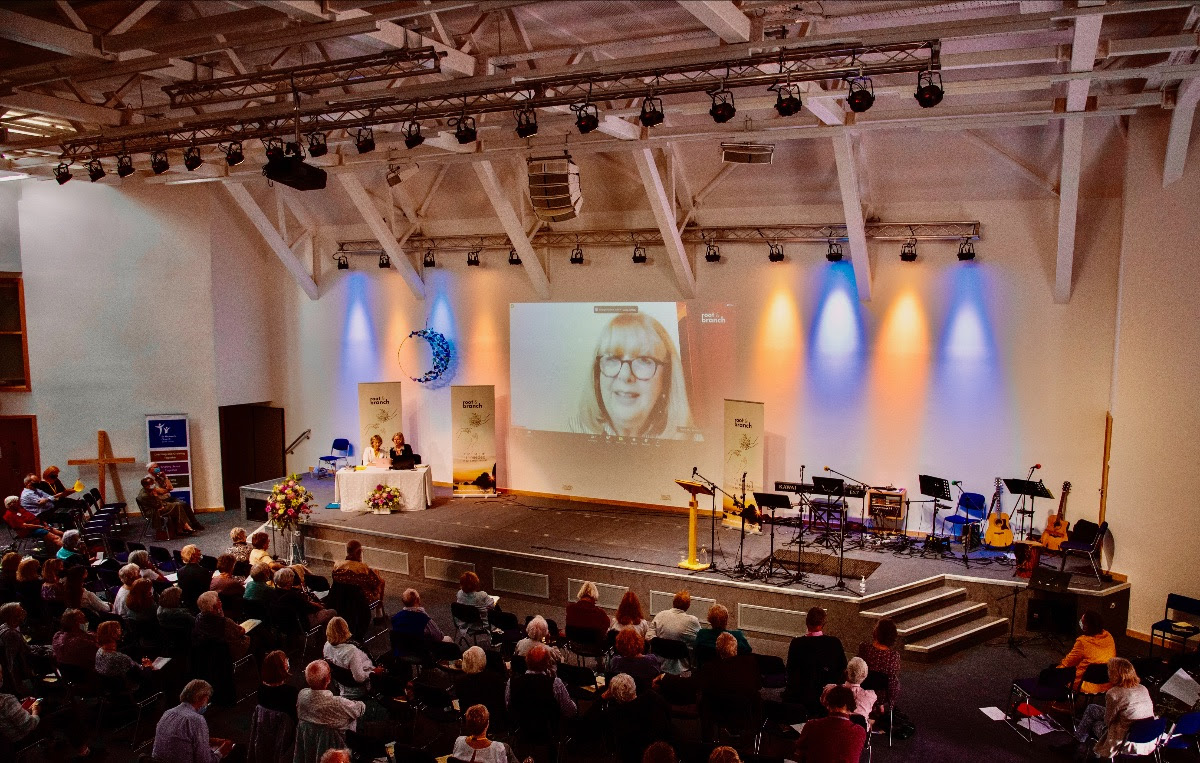The Catholic Church must do more to accept diversity of opinion, according to the final text of the Root and Branch synod.
Constant appeals to “unchanging laws and unchallengeable authorities” stifle creativity and go against the will of the Holy Spirit, the document says.
The ten-page document, the Bristol Text to Reform, covers four main areas: moral theology, Church authority, redefining and reclaiming ministry and embracing diversity. It is the work of 19 thinkers and theologians involved with Root and Branch synod, the lay run event that took place from the 5-12th September, online and in Bristol.
The document refers to Pope Francis’ 2013 Evangelii Gaudium to say that we should “appear as joyful messengers of challenging proposals, guardians of goodness and beauty which shine forth in a life of fidelity to the Church”.
In the section on Church authority, the document argues: “For the Catholic Church to cooperate with God’s kingdom, it needs to model its organisational structure and its Canon Law on those principles of equality and justice for all.”
It argues for greater democracy within the Church’s structure and states that “every adult Catholic, whatever their gender identity, sexual orientation, race, marital or social status” should have the right to offer themselves up as a candidate for ministry.
|
|
It also states that women should have a greater role in the church: “Current research makes it clear that in the earliest Christian gatherings, women and men, single and married, led communities in worship, exercising their baptismal call.”
In its final, section the document calls for the church to acknowledge past harms involving abuse, participation in colonisation and persecution of minorities. This should be done “in ways that include the participation of those who have been harmed”.
Many of those who took part in creating the document spoke during the week long synod, including Dr James Alison, an author who has written in favour of clerical reform and campaigns on LGBT+ rights in the Church, and Dr Martha Heizer who was excommunicated for taking communion without the presence of a bishop in 2014 and heads We Are Church Austria.
The document can be found on the Root and Branch synod’s website, and their talks can also be accessed there.



 Loading ...
Loading ...